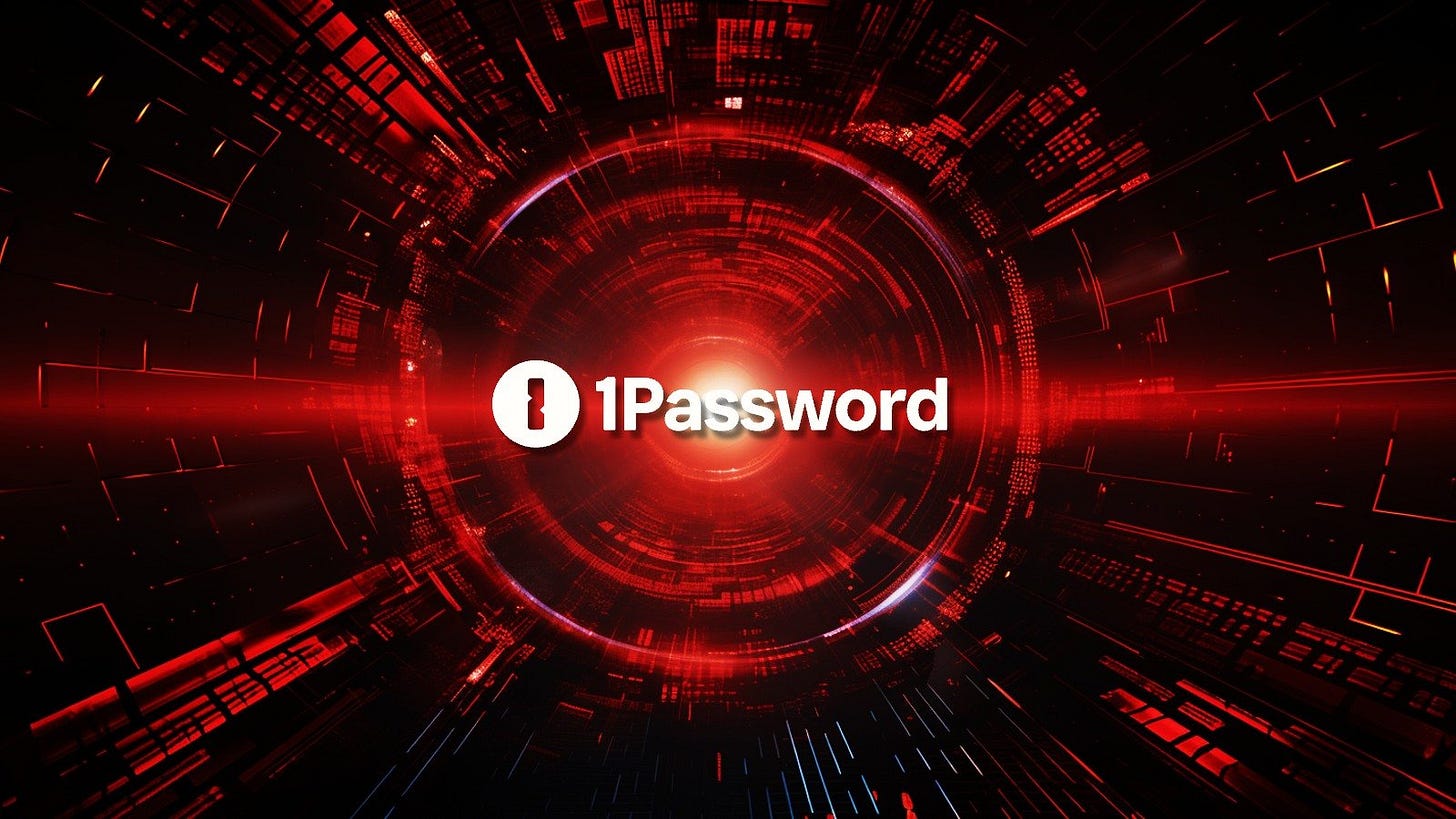The Okta Breach: Deep Dive into the Incident, and Its Implications
There is one thing that unfortunately, has been a recurring theme within Cybersecurity and that is third-party breaches.
One incident that has recently garnered attention is the breach at Okta, a leading identity and access management provider. For context, most tech companies use Okta as their identity provider.
This article aims to shed some light on the Okta breach, its root cause, the potential mitigation strategies, and its impact on various stakeholders.
(This situation is still unfolding and there will be more to come in the next few weeks)
The Okta Breach: An Overview
Okta recently identified malicious activity within its systems.
The adversaries leveraged a stolen credential to gain access to Okta's support case management system. This system, which was separate from Okta's primary production service, allowed the threat actor to view files uploaded by certain customers for support cases.
Notably, the production Okta service remained unaffected, as well as the Auth0/CIC case management system.
Implications
The breach's epicenter was the support case management system, where HTTP Archive (HAR) files were stored. These HAR files, are used to replicate user or administrator errors for troubleshooting, can contain sensitive data, including cookies and session tokens. In the wrong hands, this data can be weaponized to impersonate valid users.
While Okta has not provided exhaustive details on the exposed customer information, the potential implications are clear: malicious actors could hijack customer accounts using the data from these HAR files.
Affected Parties and Their Responses
All customers impacted by the breach were promptly notified by Okta. Three notable entities affected were BeyondTrust, Cloudflare, and 1Password (so far):
BeyondTrust: The company's security team detected an attempt to access an in-house Okta administrator account using a stolen cookie. While the attack was blocked, it took Okta over two weeks to confirm the breach after being alerted by BeyondTrust.
October 2, 2023 – Detected and remediated identity-centric attack on an in-house Okta admin account and alerted Okta
October 19, 2023 – Okta security leadership confirmed they had an internal breach, BeyondTrust was one of their affected customers.
https://www.bleepingcomputer.com/news/security/okta-says-its-support-system-was-breached-using-stolen-credentials/
Cloudflare: Malicious activity linked to the Okta breach was discovered on Cloudflare's servers. The attackers used an authentication token from Okta's support system, from a support ticket to access Cloudflare's Okta instance.
Two Cloudflare employee accounts compromised within Okta.
Despite the sophisticated attack, Cloudflare confirmed that no customer information or systems were compromised.
1Password: Detected suspicious activity on their Okta instance related to Okta’s Support System incident. Interestingly this activity was first detected on September 29. The activity is believed to stem from a HAR file provided in a Support case, although the teams are still determining the initial vector of compromise.
For context, 1Password is leveraged by 100,000 companies. This gives an idea of the implications.
Mitigation and Best Practices
Upon discovering the breach, they worked with impacted customers, revoking embedded session tokens in shared HAR files. Okta now advises all customers to sanitize their HAR files before sharing, to ensure they don't contain sensitive credentials or session tokens.
Additionally, Okta shared Indicators of Compromise, including IP addresses and specific user-agents linked to the attackers, aiding customers in their threat hunting activities.
The Okta breach underscores the importance of both proactive (blue team) and reactive (red team) cybersecurity measures:
Blue Team Use Cases:
Regular Audits: Periodic checks of systems, especially those containing sensitive data, can help in early detection of vulnerabilities.
Sanitization: Ensuring that files shared, like HAR files, are sanitized can prevent the leakage of sensitive information.
MFA: Require hardware keys for MFA, including third-party support providers.
Threat Hunting: Proactively searching for Indicators of Compromise can aid in detecting potential threats.
Red Team Use Cases:
Penetration Testing: Regularly simulating cyberattacks can help organizations identify weak points in their defenses before they are exploited.
The same from your Vendors: Ask your third party vendors for their pentest results and security audits (Vendor Onboarding).
In Conclusion
The Okta breach serves as a stark reminder of the cyber threats organizations face. While the breach's impact was contained, it emphasizes the need for robust cybersecurity measures, continuous vigilance, and the importance of both blue and red team activities.
As the landscape continues to evolve, and third-party breaches being the norm, so too must our strategies evolve to protect and defend.






